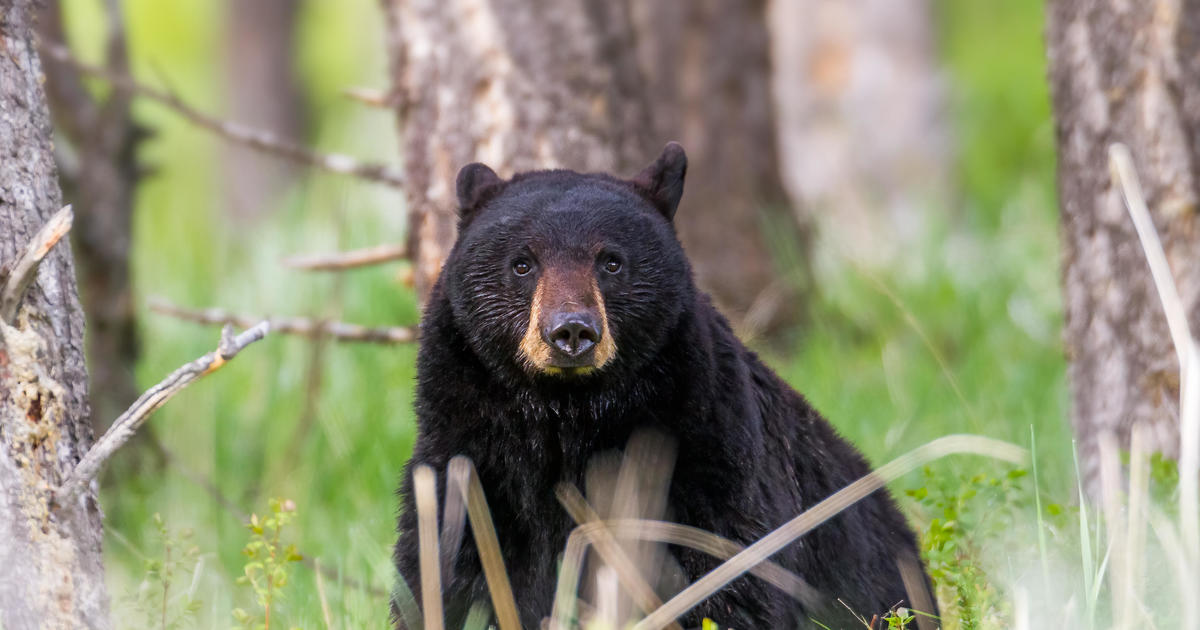Rutgers Scientist Says Sex-Switching Fish May Reveal Environmental Clues
By David Madden
NEW BRUNSWICK, N.J. (CBS) -- If you've seen the Jurassic Park movies, this story might just ring a bell with you.
A Rutgers University biologist is studying how and why some breeds of fish can convert from female to male. And, sometimes, back again.
That it's possible has been known for decades, observed in laboratory environments. It's what brings about the change in the wild that drives Olaf Jensen's work.
"In black sea bass, one of the environmental factors that encourages sex change is not seeing enough males around in the immediate area," he tells KYW Newsradio. "So if you don't have enough males around, generally one of the larger females will change sex and replace the missing males."
The change generally occurs after the summer spawning season.
So, why should we care? According to Jensen, it's nature's way of sustaining the species, and this knowledge is helpful in predicting fish populations and knowing how much of a particular species can be safely harvested by recreational and commercial fishermen.



